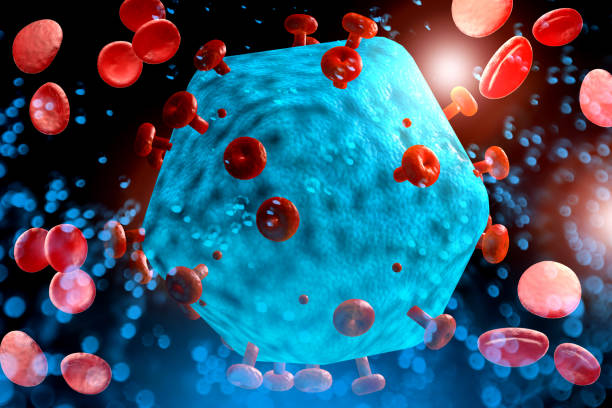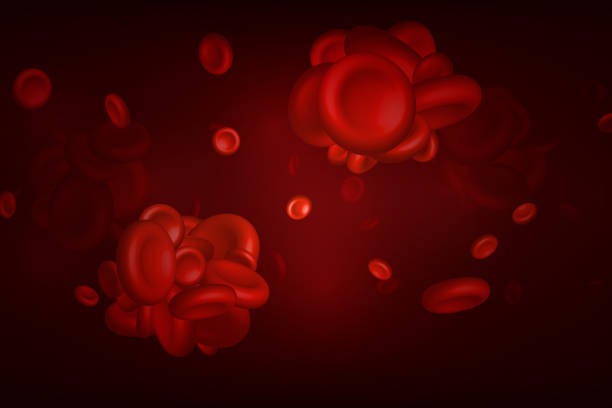RBC Deficiency: Understanding the Impact on Your Body
Subtitle: Common Symptoms, Causes, and Treatment Options

RBC Deficiency: Your Body's Reaction
What do Red Blood Cells (RBCs) represent?
Erythrocytes, also known as red blood cells, are small, disc-shaped cells that are essential to the body's ability to carry oxygen. Hemoglobin, a protein found in them, attaches itself to oxygen in the lungs and transports it to tissues and organs.

What Takes Place When RBC Deficiencies?
Anemia is the term for when your body produces insufficient red blood cells or when those cells are harmed. It is possible for this disorder to significantly affect your general health and wellbeing.
Typical Signs of Low Red Blood Cell Count:
Fatigue: Despite getting enough sleep, feeling weak and exhausted.
Paleness: The state of having pale lips, nails, and skin.
Difficulty breathing: Breathing becomes difficult, even with light effort.
Lightheadedness or dizziness: losing your balance or feeling weak.
Rapid heartbeat: a quick, erratic pulse.
Frosty hands and feet: Having frequently chilly extremities.
Headaches: Severe headaches that occur frequently.
Difficulty Concentrating: Having trouble remembering or focusing.
RBC Deficiency Causes:
Iron deficiency: The most frequent cause, frequently brought on by inadequate iron intake or blood loss (from menstruation, ulcers, or injuries, for example).
Deficiency in vitamin B12: a deficiency in vitamin B12, frequently linked to problems with malabsorption or dietary deficits.
Deficiency in folic acid : An insufficiency in folic acid, a B vitamin necessary for the formation and development of cells.
Persistent illnesses: Red blood cell production can be hampered by illnesses like cancer, autoimmune disorders, and kidney disease.
Hemolytic anemia: A class of diseases characterized by the early death of red blood cells.
RBC Deficiency Treatment:
The underlying cause of anemia determines the course of treatment. It could entail:
Iron supplements: For anemia caused by iron deficiency.
Supplements containing folic acid or vitamin B12: For deficits in these nutrients.
Dietary adjustments:Increasing the consumption of foods high in iron (such as beef, chicken, fish, lentils, and leafy greens) or high in folic acid and vitamin B12.
Medications: For autoimmune illnesses and other specific kinds of anemia.
Transfusions of blood: Blood transfusions may be required in extreme situations.
For an accurate diagnosis and treatment plan, it's crucial to speak with a healthcare provider if you think you might have red blood cell insufficiency. Major problems can be avoided with early detection and treatment.












































































































































































































